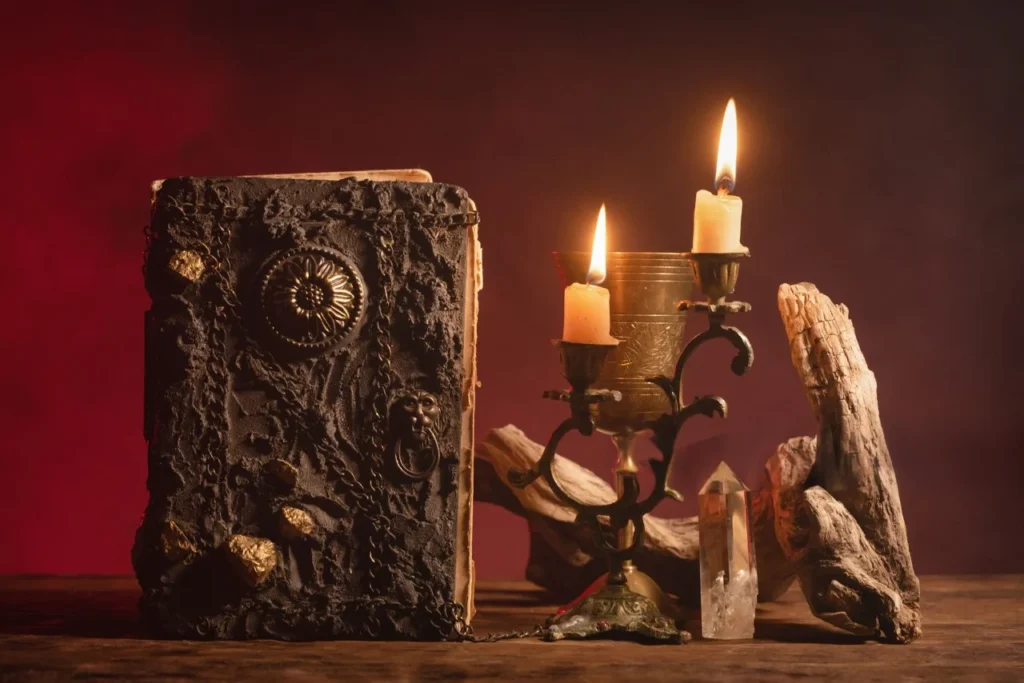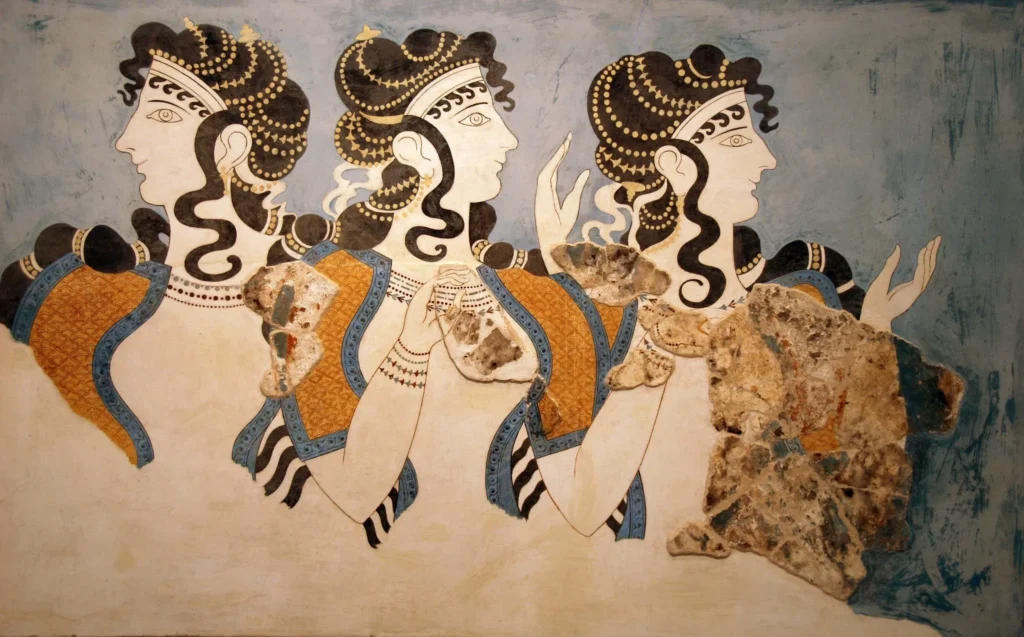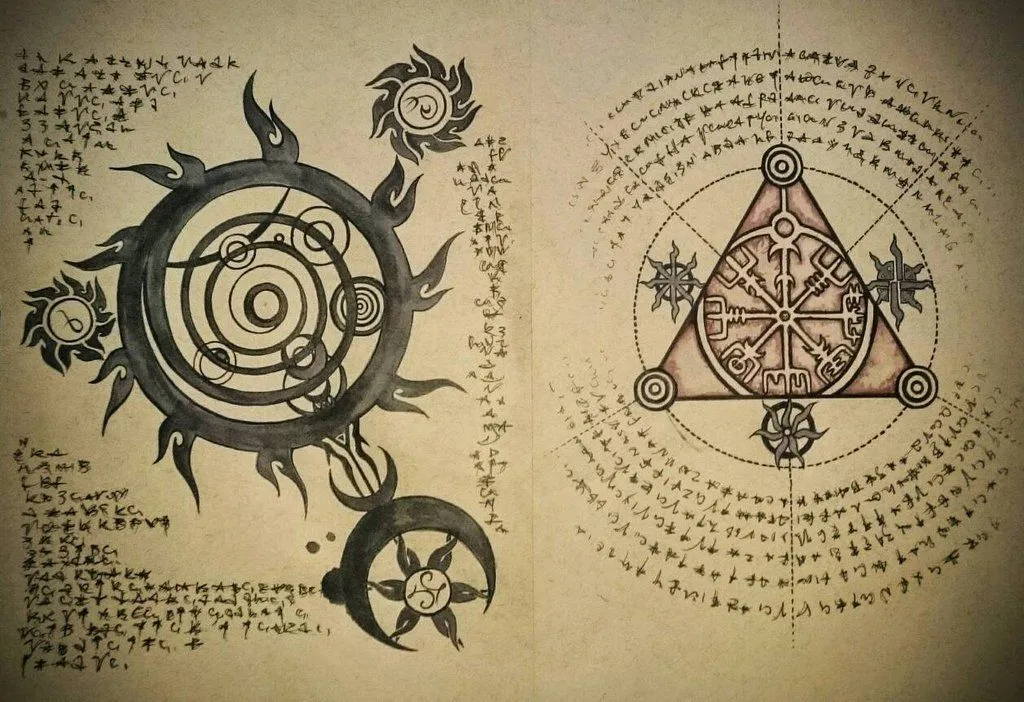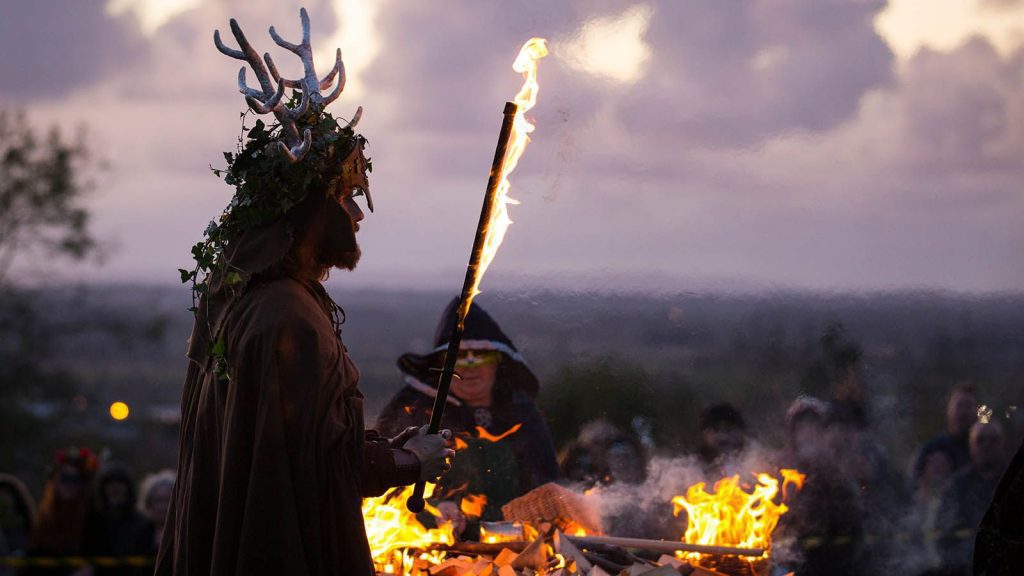The use of roots in spellcasting is an ancient practice rooted (pun intended) in various cultural traditions. Across civilizations, herbal magic has played a crucial role in healing, protection, divination, and influencing events. This article explores the origins of using roots in spellwork, their significance, and how they have evolved over time.
The Ancient Beginnings of Root Magic
The practice of using roots in spellcasting can be traced back to ancient civilizations such as Egypt, Mesopotamia, and Greece. Early shamans and healers discovered that certain plants possessed mystical properties, which could be harnessed for spiritual and medicinal purposes.
Egyptian and Mesopotamian Traditions
- The Egyptians believed that plants like mandrake and acacia carried divine energy, often incorporating them into religious ceremonies and healing rituals, which made them have Egyptian spells used for healing and protection.
- In Mesopotamia, clay tablets mention the use of roots and herbs in exorcisms and protection spells against malevolent spirits.

Greek and Roman Influence
- The Greeks associated roots with the divine, believing that herbs like mugwort and hellebore could ward off evil or enhance psychic abilities.
- Hecate, the Greek goddess of magic, was often linked to herbal enchantments, inspiring later magical traditions.
Root Magic in African and Indigenous Practices
Herbal spellcasting flourished in African, Native American, and Caribbean traditions, particularly within Hoodoo, Vodou, and Indigenous shamanic practices.
- Hoodoo rootwork: African American folk magic often incorporates roots like High John the Conqueror, devil’s shoestring, and Angelica root for luck, love, and protection.
- Indigenous traditions: Shamans in Native American and South American cultures use roots such as sage, tobacco, and ayahuasca to connect with spirits and heal the body.
The Evolution of Root Magic in European Witchcraft
During the Middle Ages and the Renaissance, European witches continued the tradition of using roots in spellcasting. The infamous witch trials frequently accused practitioners of using mandrake, belladonna, and henbane in flying ointments and potions.
- Grimoires (books of spells) from this period list detailed recipes using roots, resins, and herbs for spells related to love, prosperity, and protection.
- The Doctrine of Signatures, a medieval theory, suggested that plants resembling body parts could be used to heal corresponding ailments, further influencing magical herbalism.
More About Roots for Casting Spells
What is the origin of the phrase “cast a spell”?
The phrase “cast a spell” originates from Old English and medieval European traditions. The word “cast” means “to throw or direct,” while “spell” derives from the Old English “spel,” meaning “a story or spoken word.” Early magic relied on spoken incantations, which were believed to manifest reality.
Can you cast spells while rooted?
In a metaphysical sense, being “rooted” can refer to grounding energy before casting spells. In modern fantasy and gaming contexts, being “rooted” means being immobile, often preventing spellcasting depending on the game’s mechanics.
Where did spells originate?
The origin of spells dates back to prehistoric times, when early humans used chanting, symbols, and plant-based rituals to influence natural forces. Many early civilizations developed their own forms of spellcasting, incorporating roots, crystals, and sacred texts.
What is the history of incantations?
Incantations—spoken or chanted words of power—date back to ancient Babylon, Egypt, and Greece. These cultures believed that words had inherent power, and when combined with specific roots or herbs, they could bring about healing, protection, or supernatural influence.
Can you cast spells without saying them?
Yes! Many magical traditions incorporate silent spellcasting through intention, visualization, and written sigils. Some root-based spells involve burying or burning herbs without speaking, relying on the energy of the plant rather than vocalized words.
Does root cancel channeling?
In spiritual terms, grounding or “rooting” oneself can enhance spellcasting rather than cancel it. However, in gaming mechanics, “root effects” often prevent movement but don’t necessarily stop spells that don’t require mobility.

Conclusion
The practice of using roots for spellcasting is an ancient and widespread tradition, deeply embedded in cultures worldwide. From the herbal magic of ancient Egypt and Mesopotamia to the Hoodoo rootwork of the Americas, the connection between plants and spellcasting remains strong today. Whether for healing, protection, or divination, root magic continues to be a vital part of mystical traditions.
Would you like to learn more about specific root-based spells? Let us know in the comments!






Spot on with this write-up, I actually think this web site wants far more consideration. I’ll most likely be once more to read far more, thanks for that info.
Someone necessarily help to make severely articles
I’d state. This is the first time I frequented your web
page and so far? I amazed with the analysis you made
to make this particular post incredible. Great job!
I think everything posted was very reasonable. However, think about this, what if you were to write a killer title?
I mean, I don’t want to tell you how to run your blog, however what if you added a title to
possibly grab folk’s attention? I mean The Origin of Using Roots for Casting Spells – Witch symbols is a little boring.
You might look at Yahoo’s front page and note how
they create news headlines to grab people interested.
You might add a video or a related pic or two to grab readers interested about everything’ve got to say.
In my opinion, it would make your posts a little bit more interesting.